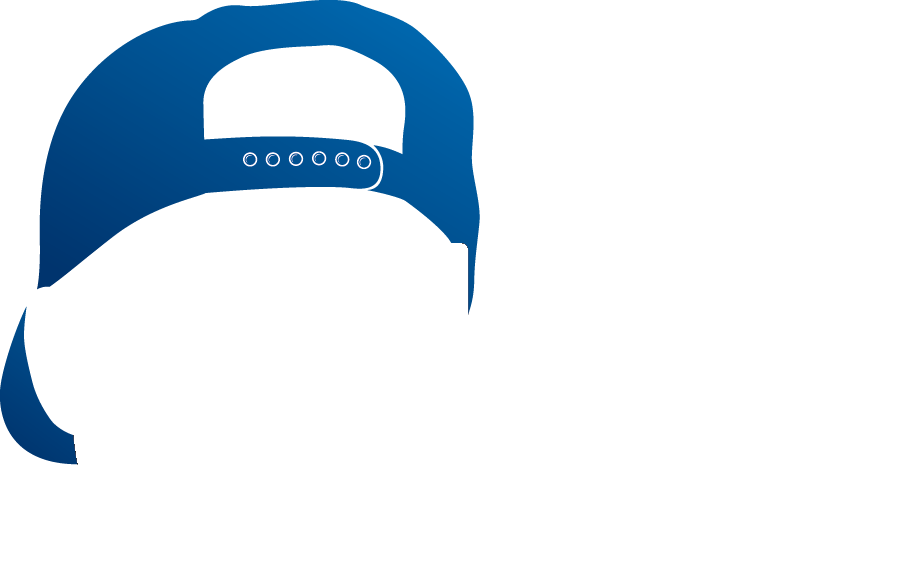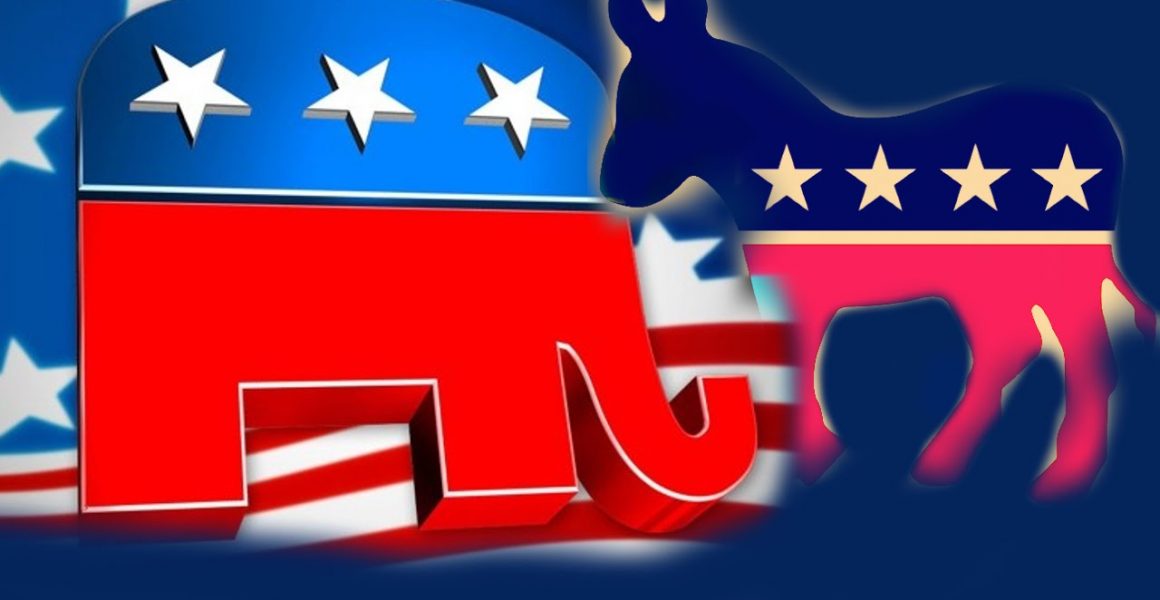Many of you know I made a bet that Donald Trump would become our president – I wrote about it at 4for4 a year ago, although the bet was made months before that – so I just wanted to talk about why I made that bet, which was centered primarily around one core principle.
Before getting into it, a few disclaimers:
– The bet was in no way a reflection of how I felt about who would be best for our country. It was simply the result of my belief that the reasoning behind the “Trump could never win” idea was flawed.
– I’m writing this primarily as a way to think about risk and uncertainty – not as a political stance. If it were possible to have less than zero interest in a Twitter debate having anything to do with this election, that’s where I would be. DON’T @ ME.
– I collected on the bet after the RNC when Trump moved to near a coin flip in many models (I took less than 50% of the possible payout). Even though that was -EV for me to do if I believed Trump was 50% to win, I thought it was a smart decision based on what I wrote at the link I posted above. I would have hedged by betting on Clinton had I not been able to get out of the bet.
– I’m not claiming to be some political savant; I know so little about politics it’s actually kind of sad. This had literally nothing to do with my understanding of the political landscape and everything to do with Trump’s uniqueness/volatility as a candidate and – I hate to say this – how bad I believe many people are at making decisions.
– The bet was $500 at 150-to-1 to win $75,000. When I made the bet, the implied odds were that Trump had a 0.67% chance to become president, whereas I thought it was around 10% at the time. So I actually didn’t think he would become the president at all – just that it was far from outside the range of outcomes.
With that said, the reason I thought Trump could win is a concept I’ve talked about many times in the past: antifragility.
Antifragility
Basically, I believed Trump was unique among political candidates in that, because no one really viewed him as a politician and everyone was already pretty familiar with his outrageous personality, he didn’t really have too much downside in terms of the negative things that could be said about him. And not only that, but I thought he’d be able to benefit from the idea that “any publicity is good publicity.”
This concept of antifragility was coined by Taleb, and it’s basically that certain things (the antifragile) can gain from disorder and chaos. From an earlier post of mine:
“Taleb classifies things into one of three categories: fragile, robust, and antifragile. A mirror is fragile; it is harmed by fragility and doesn’t deal well with stressors. A diamond is an example of something that’s robust, or resilient. It doesn’t benefit from chaos—a diamond doesn’t get better when you drop it, for example—but it isn’t hurt, either. It’s basically indifferent to uncertainty and chaos.
For so long, these two labels were all we had. The opposite of something that’s harmed by volatility is something that isn’t harmed by volatility, right? Well, Taleb opened our eyes to antifragility. Evolution is antifragile. Not only is it not hurt by chaos—by errors—but it thrives and exists because of randomness.”
Or, you could just read what Taleb has to say about antifragility since, you know, it’s his idea:
“Some things benefit from shocks: they thrive and grow when exposed to volatility, randomness, disorder, and stressors and love adventure, risk, and uncertainty. Yet, in spite of the ubiquity of the phenomenon, there is no word for the exact opposite of fragile. Let us call it antifragile.
Antifragility is beyond resilience or robustness. The resilient resists shocks and stays the same; the antifragile gets better. This property is behind everything that has changed with time: evolution, culture, ideas, revolutions, political systems, technological innovation, cultural and economic success, corporate survival, good recipes (say, chicken soup or steak tartare with a drop of cognac), the rise of cities, cultures, legal systems, equatorial forests, bacterial resistance. Even our own existence as a species on this planet. And antifragility determines the boundary between what is living and organic (or complex), say, the human body, and what is inert, say, a physical object like the stapler on your desk.
The antifragile loves randomness and uncertainty, which also means – crucially – a love of errors, a certain class of errors. Antifragility has a singular property of allowing us to deal with the unknown, to do things without understanding them — and do them well. Let me be more aggressive: we are largely better at doing than we are at thinking, thanks to antifragility. I’d rather be dumb and antifragile than extremely smart and fragile, any time.”
That last sentence is more or less how I view Trump and Clinton. Trump is dumb and antifragile. I don’t believe he’s a sharp person at all, but he not only had nothing to lose in his campaign, but he benefited tremendously – A TREMENDOUS BENEFIT, THE BEST BENEFIT, IT’S GONNA BE A GREAT BENEFIT, BELIEVE ME – from basically anything that was said about him. He gained from volatility in a way a traditional candidate probably couldn’t have. Think about all the publicity he received for just doing dumb shit.
Clinton is the opposite of Trump: smart and fragile. Regardless of your stance on her emails, there’s little doubt the entire ordeal hurt her. Compare that to Trump, who seemed to benefit from saying and doing some, er, unconventional things (at least unconventional for a presidential candidate). Different types of people reacted differently to each one’s issues, but I believe the expectations of each were a serious factor in their fragility; Clinton was supposed to speak and act a certain way and could really only be harmed when things didn’t go according to plan, whereas Trump didn’t have that expectation – he had less downside that could result from negative stuff coming out about him – and could only benefit from chaos.
For the record, I don’t think being dumb is a prerequisite for antifragility – someone like Mark Cuban has some antifragile qualities without being a dummy – but I do believe the way campaigns will be run in the future will look a whole lot different based on this race.
So Trump was in a much better position to be the beneficiary of uncertainty, which was of course what happened in regards to the election results being unaligned with polling. This is of course an idea very related to antifragility, but I think it’s yet another example of people generally being much too confident in their beliefs. This is why antifragility can lead to huge payoffs, as it does all the time in daily fantasy sports, because people severely underestimate the odds they’re just wrong. Or, perhaps more accurately, even when people are accurate in their probabilistic assessments, there’s still a severe systemic bias toward favoring what should happen and not preparing for the inevitable “rare” event.
In regards to the election, almost every forecast had Clinton winning handily, many with well over 90% certainty. Nate Silver warned against that overconfidence, and although his model predicted a Clinton victory, he was much lower on Clinton than almost everyone else, including betting markets. As he wrote:
“In our national polling average, about 12 percent of voters are either undecided or say they’ll vote for a third-party candidate. While this figure has declined over the past few weeks, it’s still much higher than in recent elections. Just 3 percent of voters were undecided at the end of the 2012 race, for example. As ought to be fairly intuitive, undecided voters make for a more uncertain outcome.”
I possess about 10% of the brainpower of Silver, but my fundamental logic in initially betting on Trump was:
1) This guy is unconventional and past data won’t apply to him as much as other candidates, thus creating more uncertainty in the results;
2) The way people already think about Trump sets up well for him to be the one to benefit from that uncertainty if things get weird.
And I believe that’s probably more or less what happened; he wasn’t harmed from the attacks on him – he even benefited in many cases – and the uncertainty we saw with undecided voters, many of whom were maybe “decided” but didn’t want to admit voting for Trump, worked in his favor.
Final Thought
I mostly just got lucky with the bet – the word ‘lucky’ seems off, but you get the idea – although the core idea that I think is most actionable is to identify situations where others are overconfident and fragile and put yourself in a position to be the beneficiary if things don’t go their way. That was my approach here, as it is in DFS, but it’s very applicable to many facets of life.
Most upside comes in embracing randomness and wisely taking on risk when it’s clear others are underestimating the probability of weird shit happening.


